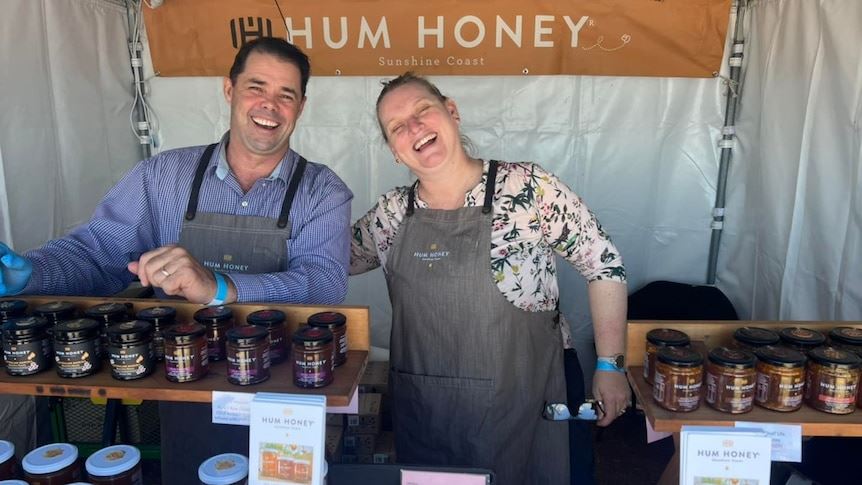 When Leisa and Tony Sams bought a farm and set about reconnecting bushland that had been divided for a century, they never imagined where it would lead them.
When Leisa and Tony Sams bought a farm and set about reconnecting bushland that had been divided for a century, they never imagined where it would lead them.
Seven years later, they are producing an award-winning range of pure raw honey infused with flavours including organic ginger, turmeric, lemon myrtle, rose petals, chilli, cinnamon, lavender, finger lime, vanilla beans, truffle, and black garlic.
Click here to read the story from the ABC